It’s a Big Country (1951)
“Yes, it’s a big, wonderful country — proud of its past, strong in its present, confident in its future.”
|
Synopsis: |
|
Genres, Themes, Actors, and Directors:
Review: Poor William Powell’s beleaguered “Professor” — forced to listen to Whitmore’s clueless rah-rah banter before he turns the tables on him and “gets philosophical” — becomes a proxy for us as we sit and watch the various stories play out. One mildly amusing stand-out in the bunch is Gary Cooper’s aw-shucks spiel about Texas (“Fact is, folks in other parts of this country got a lot of funny ideas about Texas… How come folks exaggerate so much? It just burns me up!”): … but the others are all pretty groan-worthy, and, naturally, white-wash the American experience so that the worst sentiments we apparently dealt with back in the day were patronizing (and/or forgetting about) the elderly: … mild antisemitism: … prejudice between different white ethnicities: … alienating white church-goers with boring sermons: … and a notion that wearing glasses is for sissies (!). Redeeming Qualities and Moments: Must See? Links: |
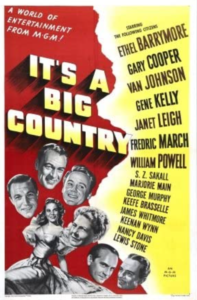
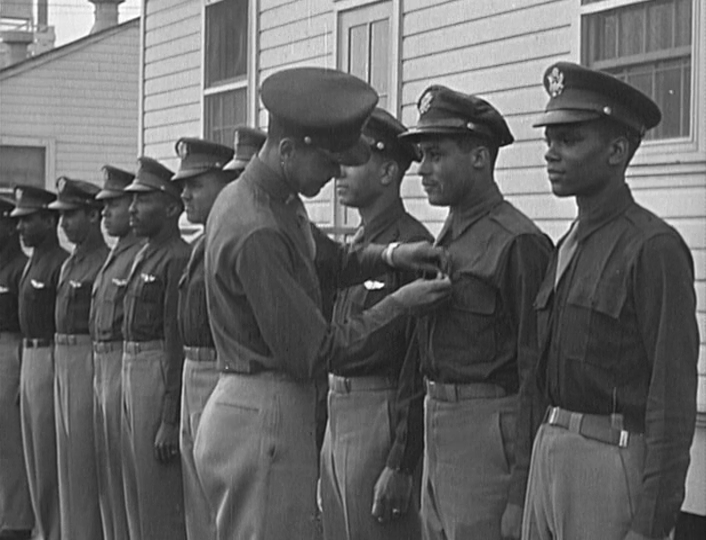

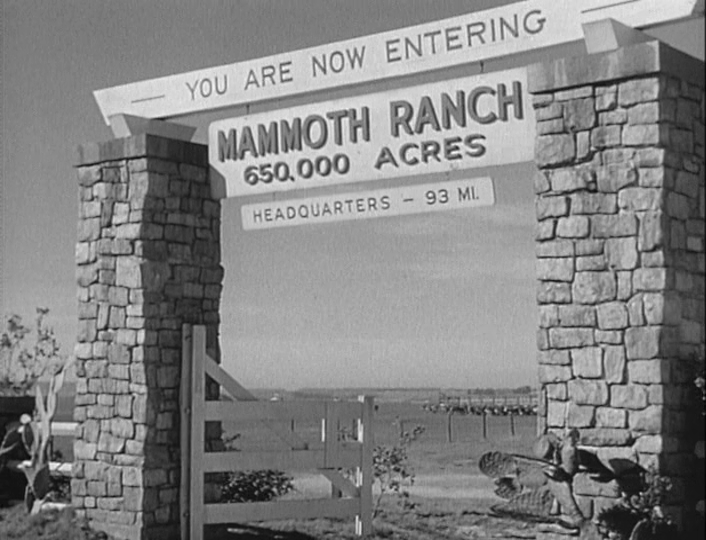

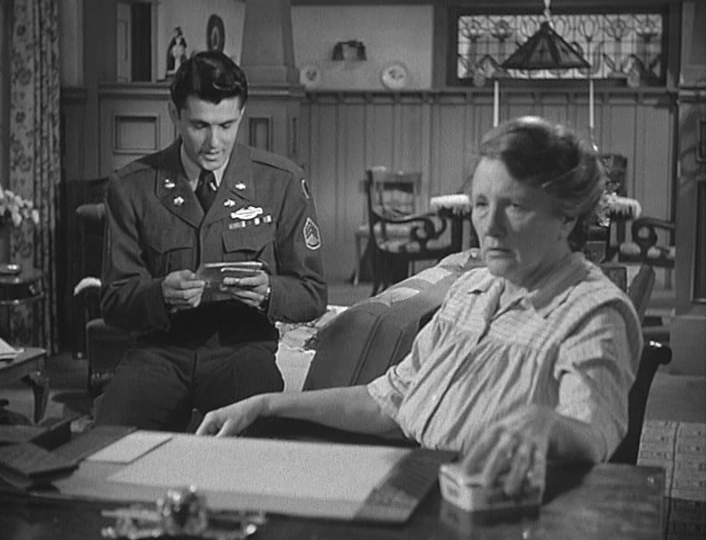
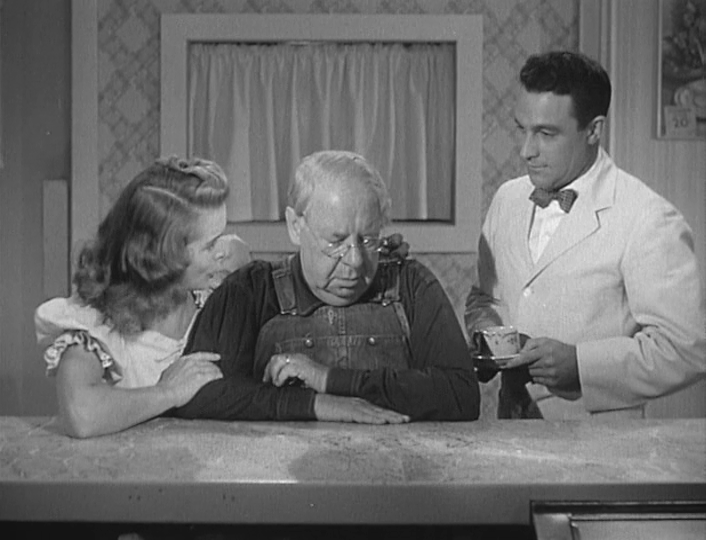

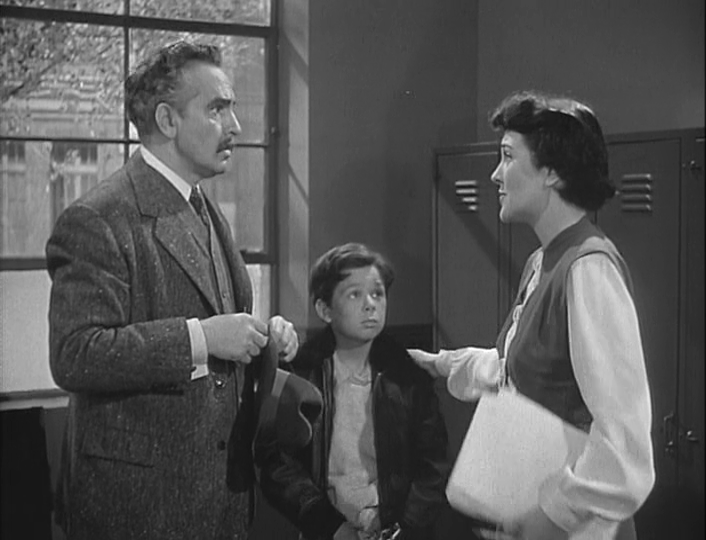
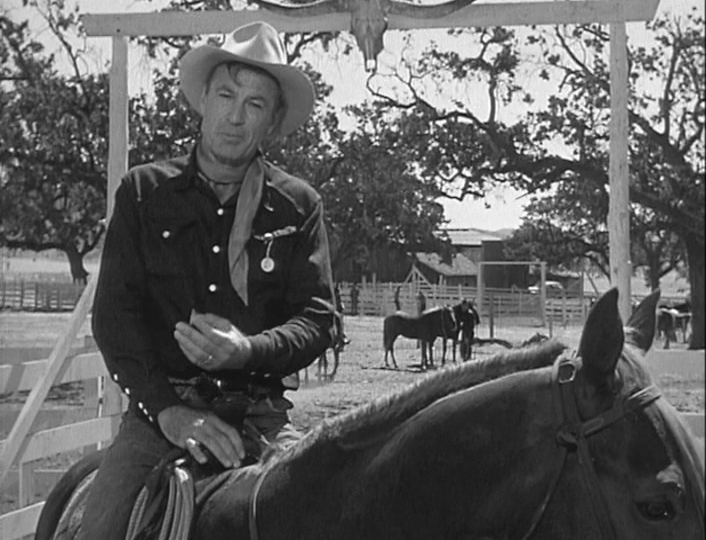
2 thoughts on “It’s a Big Country (1951)”
First viewing. Skip it.
Perhaps in recognition of its recent triumph in WWII, the America of Hollywood may have felt the urge to create this now-forgotten / best-forgotten (and somewhat-awkward) valentine to its homeland. The result is, indeed, largely a “groan-worthy” advertisement for the USA.
Trying its best to be earnest / liberal rather than superficial, the film pinpoints certain American character flaws as it also tackles various types of prejudice. (The ‘non-segment’ with its focus on Blacks does indeed look like something the studio figured could be easily cut in Southern states. It’s an almost-unintentionally-funny ‘commercial’ which suggests that African-Americans just go about their business being over-achievers while never intermingling with Whites.)
The ‘Hungarians-vs.-Greeks’ sequence features Leigh and Kelly in one of the most bizarre meet-cutes in cinema history. Taken with each other because of their looks – and they say as much; Leigh even brags about having 4 pretty sisters “and I also have a homely sister.” (!) – the couple gets married within mere hours of knowing each other. A story about false superiority becomes a paean to sexual attraction.
Due overall to the material, acting honors here are hard to come by but Main manages to walk away with the film due to her subtle, layered delivery of a humbled bigot.
Sometimes there are films listed in Peary’s book that don’t make any sense and this is certainly one of them. I was totally unaware that it was listed until the online review last month.
Simply awful is the best way to describe it, more like a “Social-Realism” film from the Soviet Union. All actors look ill at ease but S. Z. Sakall particularly grates in the worst episode called ‘Rosika, the Rose’. Luckily most episodes are not too long so there is always unfounded hope for a better episode as the film moves along.